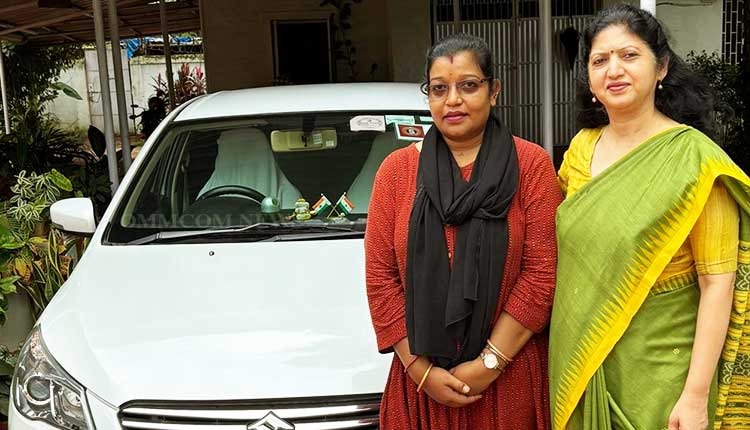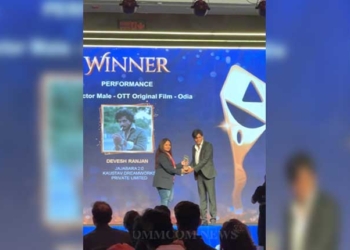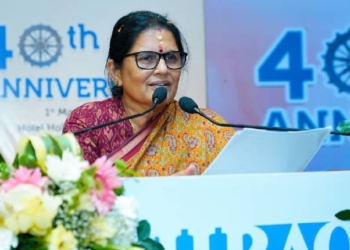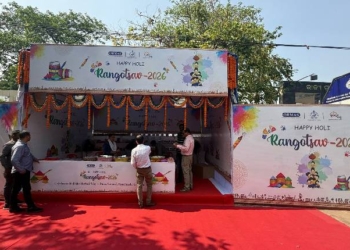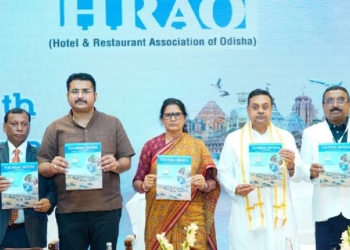Bhubaneswar: In the corridors where policies are shaped and futures envisioned, a quiet revolution began — not in a boardroom, but in the front seat of a government vehicle.
Usha Padhee — one of India’s most respected bureaucrats and having experience in housing, and transport sector — has broken the glass ceiling to become the first CMD of the helicopter company Pawan Hans Ltd and first women Director General of the Bureau of Civil Aviation Security redefined leadership through empathy, inclusion, and quiet courage.
In a world where designations often distance us from those who serve behind the scenes, she made a powerful, empathetic choice — appointing Sandhya Rani Majhi from Mayurbhanj, a woman driver, who was trained in HMV Training Center in Chhatia, Jajpur under the State Transport Authority as one of her official chauffeurs. A first for Odisha. A milestone for India.
It wasn’t just about gender. It was about dignity. Trust. Humanity. Drivers — often overlooked and rarely celebrated — play a silent yet indispensable role in governance, service delivery, and public life. In Sandhya Rani’s story, we see not only the breaking of gender stereotypes but also the recognition of drivers as individuals with aspirations, capabilities, and the courage to lead.
This wasn’t just a job for Sandhya. It was a symbol of inclusion — proof that when women, especially those in traditionally invisible roles, are given opportunity and respect, they rise with resilience and pride. Through her journey, she drove home a deeper truth: every driver carries more than passengers — they carry responsibility, humility, and heart.
Odisha’s story doesn’t stop there. Today, Ama Bus, under the Housing and Urban Development Department, and OSRTC proudly employs numerous women as conductors — commanding buses, connecting lives. And through the upcoming Women Suvahak initiative, the Commerce and Transport Department is planning to train 500 women drivers every year, steering them toward economic independence and self-worth.
In a world striving for equitable mobility and road safety, this powerful blend of leadership, empathy, and empowerment reminds us: real change begins not with grand gestures, but with everyday decisions rooted in respect.
Because true progress isn’t just spoken — it’s felt, driven, and shared with those who keep our wheels turning.




